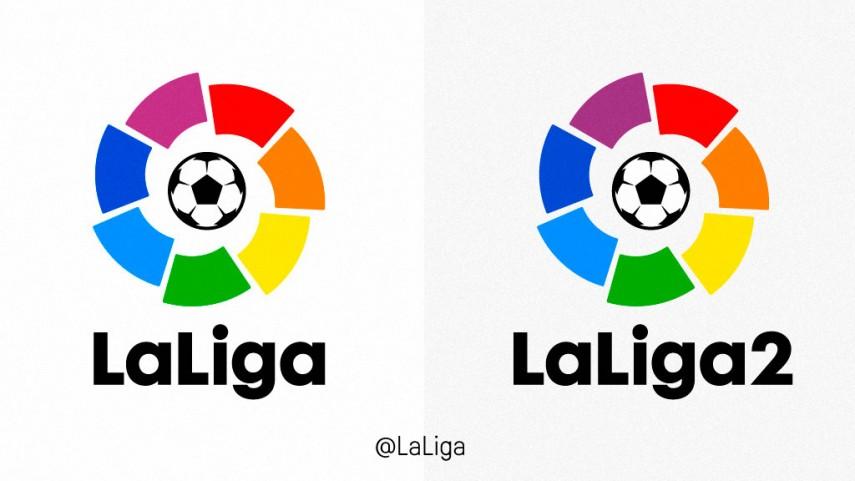In a football landscape increasingly dominated by big-money signings and global superstars,Spain’s La Liga stands out as a bastion of homegrown excellence. Over teh years, the league has proved itself not only as a breeding ground for remarkable talent but also as a champion of sustainable footballing philosophies. From the famed academies of FC Barcelona and Real Madrid to the rising clubs forging paths through grassroots initiatives, La Liga’s commitment to developing young players has become a cornerstone of its success. This article delves into the intricate web of youth development strategies employed by Spanish clubs,examining how nurturing talent from within has enabled them to compete at the highest levels while preserving their unique footballing identity. As La Liga continues to thrive on the international stage, it raises important questions about the future of player development and the balance between youth and experience in the beautiful game.
Table of Contents
- The Strategic Investment in Youth Academies
- Balancing Tradition and Modern Coaching Techniques
- Success Stories That Inspire: Homegrown Heroes of La Liga
- Building a Sustainable Path: Recommendations for Future Talent Development
- to Wrap It Up
The Strategic Investment in youth Academies
Investing in youth academies has become a cornerstone of La Liga’s success, reflecting a commitment to developing talent that resonates with fans and fuels the league’s competitiveness. The strategy centers around a few key advantages:
- Cost Efficiency: Developing homegrown players reduces reliance on expensive transfers.
- Cultural Identity: nurturing local talent fosters a strong connection between clubs and their communities.
- Skill Development: Structured training programs ensure that players receive high-quality coaching from a young age.
Prominent clubs like FC Barcelona and real Madrid have set benchmarks for youth development globally. Their academies not only strive to produce top athletes but also emphasize education and personal growth. The following table illustrates the impact of some of these academies:
| Club | Academy Name | Notable Alumni |
|---|---|---|
| FC Barcelona | La Masia | Xavi, Iniesta, Messi |
| Real Madrid | La Fabrica | Raúl, Casillas, Carvajal |
| Atletico Madrid | Residencia | Fernando Torres, Koke |
These programs have not only delivered accolades and titles to their respective clubs but have also contributed substantially to the national team’s success on the international stage.By prioritizing homegrown talent, La Liga continues to build a sustainable model that secures its future while celebrating the rich heritage of Spanish football.
Balancing Tradition and Modern coaching Techniques
In La liga,the fusion of time-honored coaching philosophies with innovative modern techniques has become essential for nurturing homegrown talent. Customary methods, such as emphasizing technical skills and understanding the game, remain deeply ingrained within club academies. Coaches mentor young players through a rigorous yet supportive environment, prioritizing fundamentals alongside modern training drills that incorporate advanced analytics and sports science. This balanced approach not only instills a strong foundation in aspiring footballers but also enhances their ability to adapt to the evolving demands of professional football.
Today’s coaches are increasingly integrating cutting-edge technology into their training regimens. They utilize video analysis, performance metrics, and wearable devices to gain insights into player development and optimal strategies. Key elements of this hybrid coaching philosophy include:
- Individualized Training Plans: Tailored programs that cater to the strengths and weaknesses of each player.
- Data-Driven Decision Making: Leveraging statistics to guide tactical decisions and player improvements.
- Holistic Development: Focusing on psychological and physical well-being,fostering well-rounded athletes.
This synergy between tradition and innovation ensures that La Liga remains a global powerhouse in football, consistently producing top-tier talent ready to compete at the highest levels.
Success Stories That Inspire: Homegrown Heroes of La Liga
Building a Sustainable Path: Recommendations for Future Talent Development
To ensure the continued success of homegrown talent in La Liga, clubs must prioritize a holistic approach to player development. This involves expanding training facilities, leveraging advanced sports analytics, and fostering collaborative environments between coaching staff and young athletes. Clubs should consider implementing the following strategies:
- Investment in infrastructure: upgrading training pitches and facilities to provide optimal conditions for player growth.
- Data-Driven Decision Making: Utilizing analytics to track player performance and tailor training programs accordingly.
- Inter-Club Partnerships: Developing affiliations with local grassroots clubs to scout and nurture talent earlier.
Moreover, enhancing educational programs that focus on mental resilience and life skills will equip players for both professional challenges and personal growth. By establishing mentorship initiatives that connect younger athletes with seasoned professionals, the sport can cultivate an ethos of shared knowledge and experience. Clubs are encouraged to:
- Implement Mentorship Programs: Pairing young talents with experienced players for guidance.
- Focus on Education: Ensuring that players receive balanced education on and off the pitch.
- Community Engagement: Involving players in community service to foster a sense of obligation.
Creating a comprehensive talent development roadmap will not only benefit individual players but will also enhance the overall competitive landscape of La Liga.
To Wrap It Up
La Liga’s success can be attributed not only to its high-caliber international talent but significantly to its unwavering commitment to nurturing homegrown players. The league’s investment in youth academies, emphasis on player development, and strategic integration of local talent into first-team squads have created a sustainable model that pays dividends both on and off the pitch. As teams continue to prioritize homegrown players, La Liga not only reinforces its standing as a premier football league but also cultivates a sense of identity and pride that resonates throughout Spanish football culture.Looking ahead, the challenge will be to maintain this balance, ensuring that while the league attracts international stars, it does not lose sight of the remarkable potential that lies within its own borders. The future of La Liga, grounded in its rich tradition of developing talent, promises to be as dynamic and compelling as its storied past.





